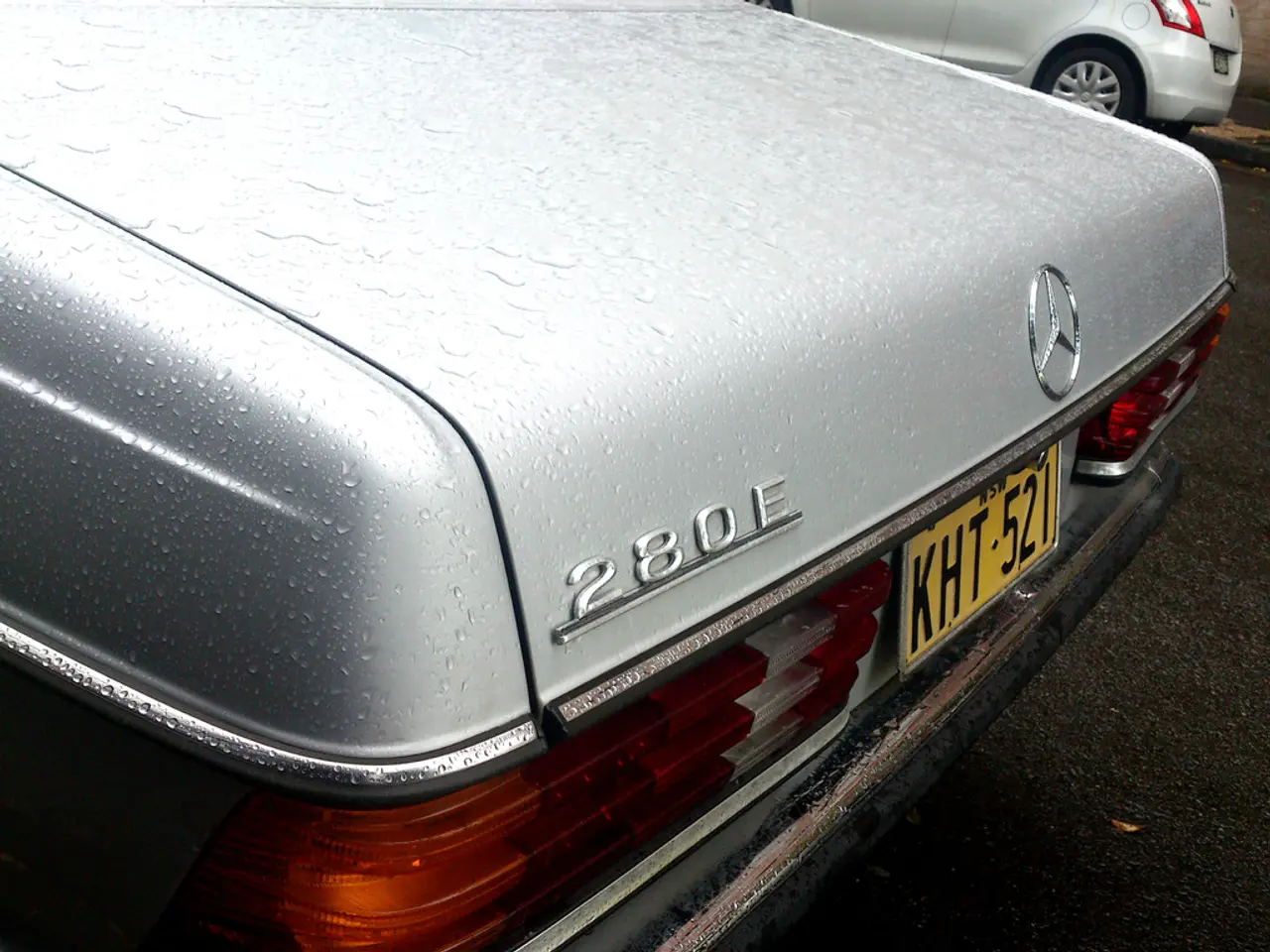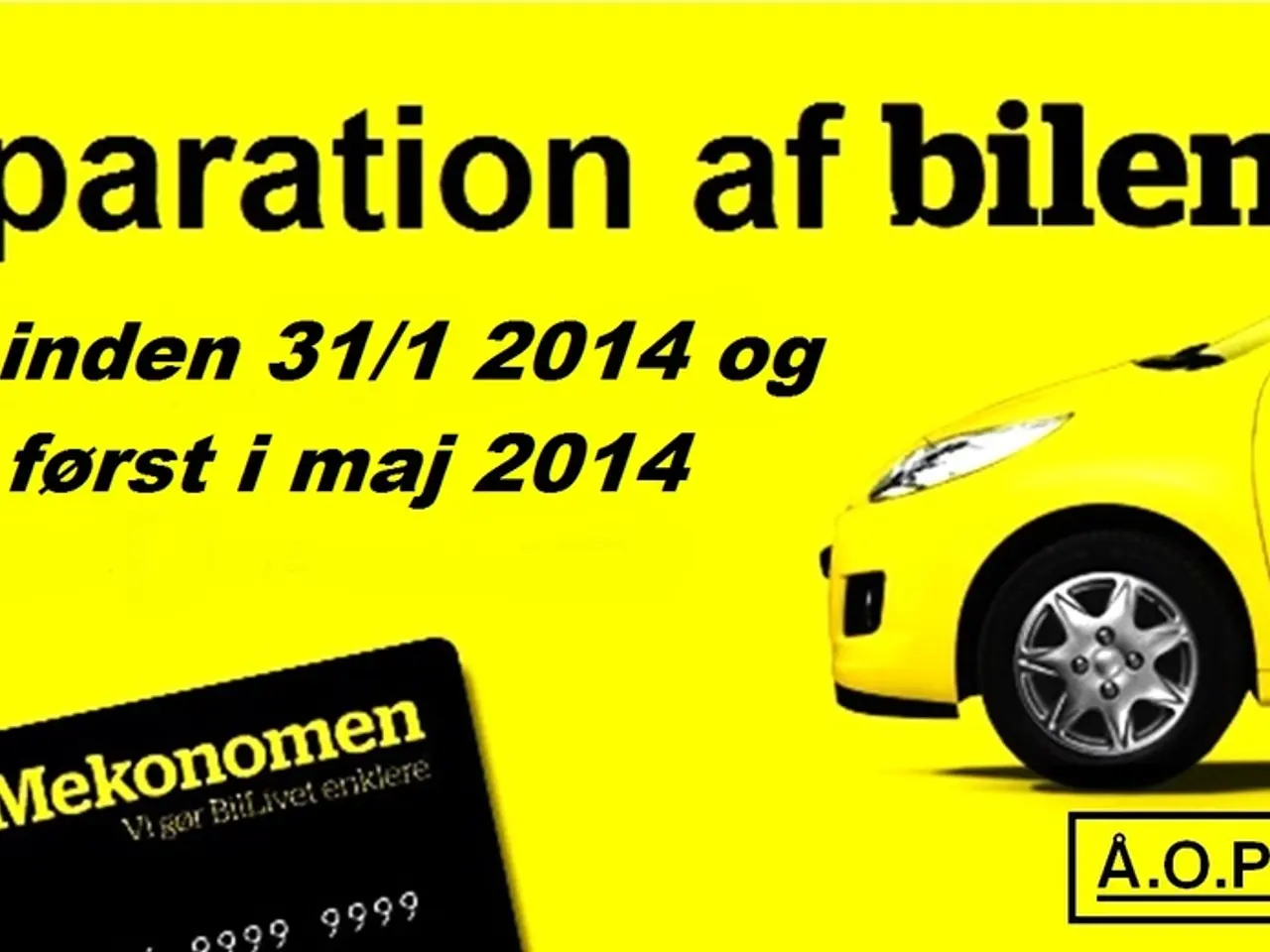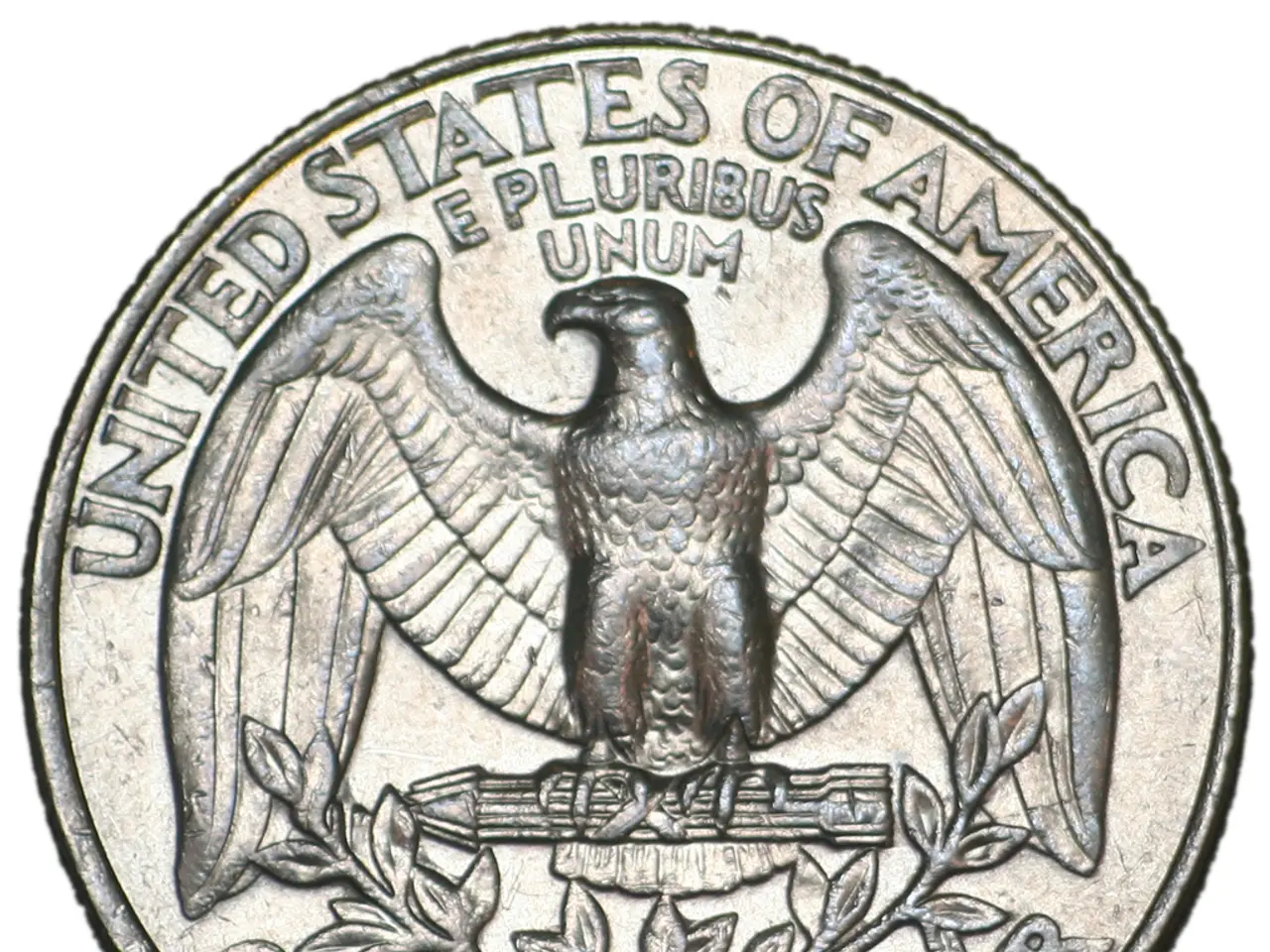Mercedes Experiences Another Drop in Vehicle Sales - Mercedes Experiences Another Decline in Vehicle Sales
Mercedes-Benz, the luxury automobile manufacturer, reported a 9% decrease in second-quarter 2024 sales, primarily attributed to the impact of new tariff policies, particularly in the Chinese and U.S. markets.
The sales slump in China was particularly pronounced, with a 19% drop, while in the U.S., sales declined by 12% due to a 25% increase in import tariffs introduced in April 2024. In response, Mercedes-Benz strategically reduced wholesale deliveries to dealerships in both countries to manage costs and margins, rather than a decrease in consumer demand.
Despite the reduction in wholesale deliveries, retail sales to end customers actually increased in the U.S. by 26% and in Germany by 7%, indicating strong consumer demand despite supply constraints caused by tariff management. The company’s strategy created a tight inventory situation, with dealer stocks at historically low levels in the U.S., which may lead to restocking in upcoming quarters unless tariffs change.
Regarding electric vehicles, Mercedes-Benz's battery electric vehicle (BEV) sales declined significantly by 18%, reaching 41,900 units, with the passenger car BEVs down 24% to 35,000 units. On the other hand, plug-in hybrid vehicle (PHEV) sales grew noticeably during the same period. Electric vans sales increased by 32%, with 6,900 units sold.
The decline in BEV sales contrasts with the growth in PHEV sales, suggesting consumers might be favoring plug-in hybrids over pure electric models in this quarter, or that supply issues affected BEV deliveries more severely.
In summary, the primary cause of the sales drop in China and the U.S. was the introduction of new tariffs leading Mercedes-Benz to strategically reduce shipments to dealerships despite strong end-customer demand. Meanwhile, high-end models and electric vehicles faced mixed results, with overall electric vehicle deliveries falling but plug-in hybrids growing in popularity.
The community might question Mercedes-Benz's employment policy, particularly in the U.S. and China, as the company's strategic decision to reduce wholesale deliveries to dealerships was a response to the impact of tariff policies on their industry and finance, rather than a decrease in consumer demand.
In light of the contrasting results between battery electric vehicles (BEV) and plug-in hybrid vehicles (PHEV), it could be fruitful for Mercedes-Benz to reconsider their employment policy regarding the production and distribution of their electric vehicles, aiming to address any supply issues that might be affecting BEV deliveries more severely than PHEV sales.




